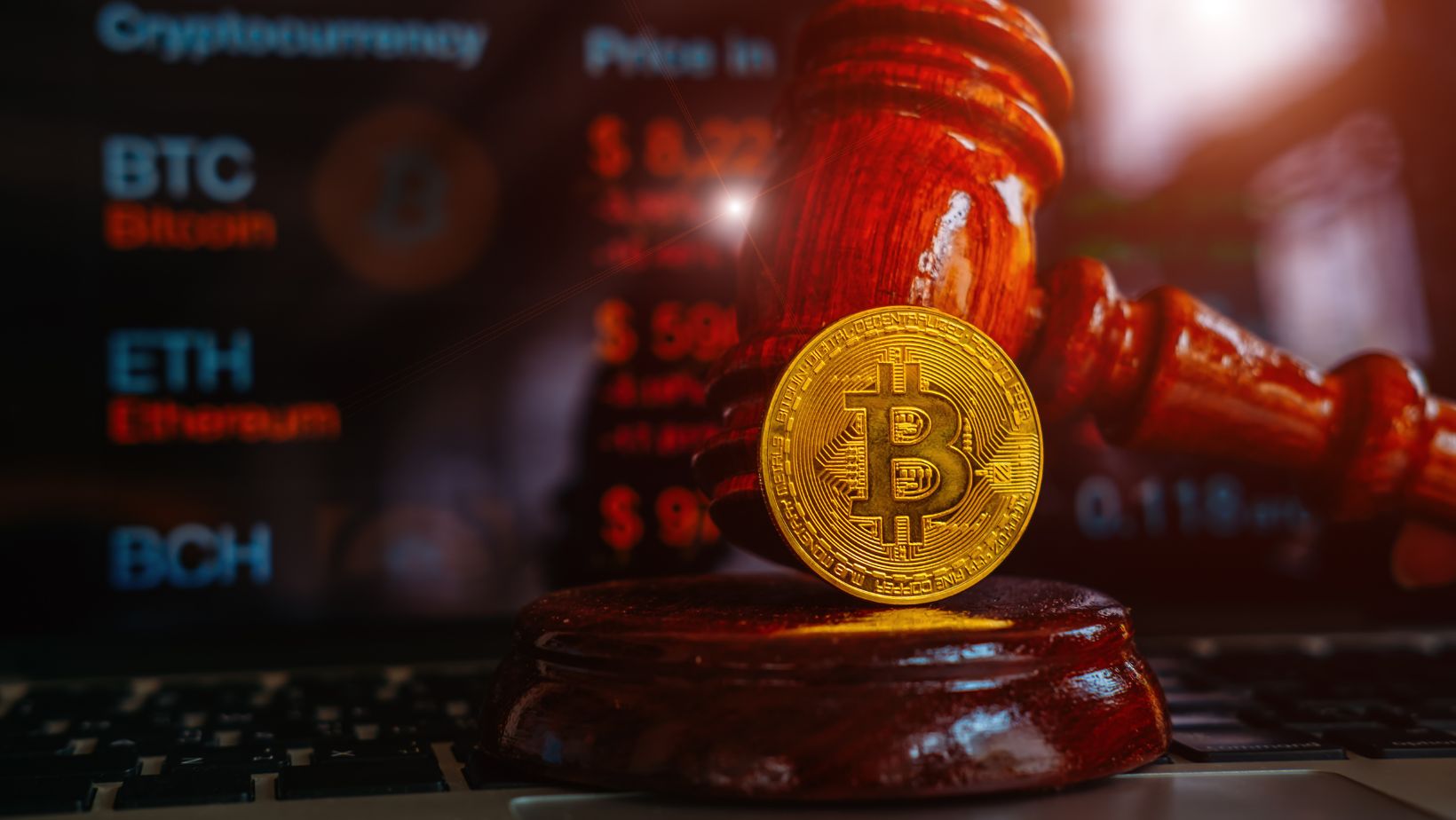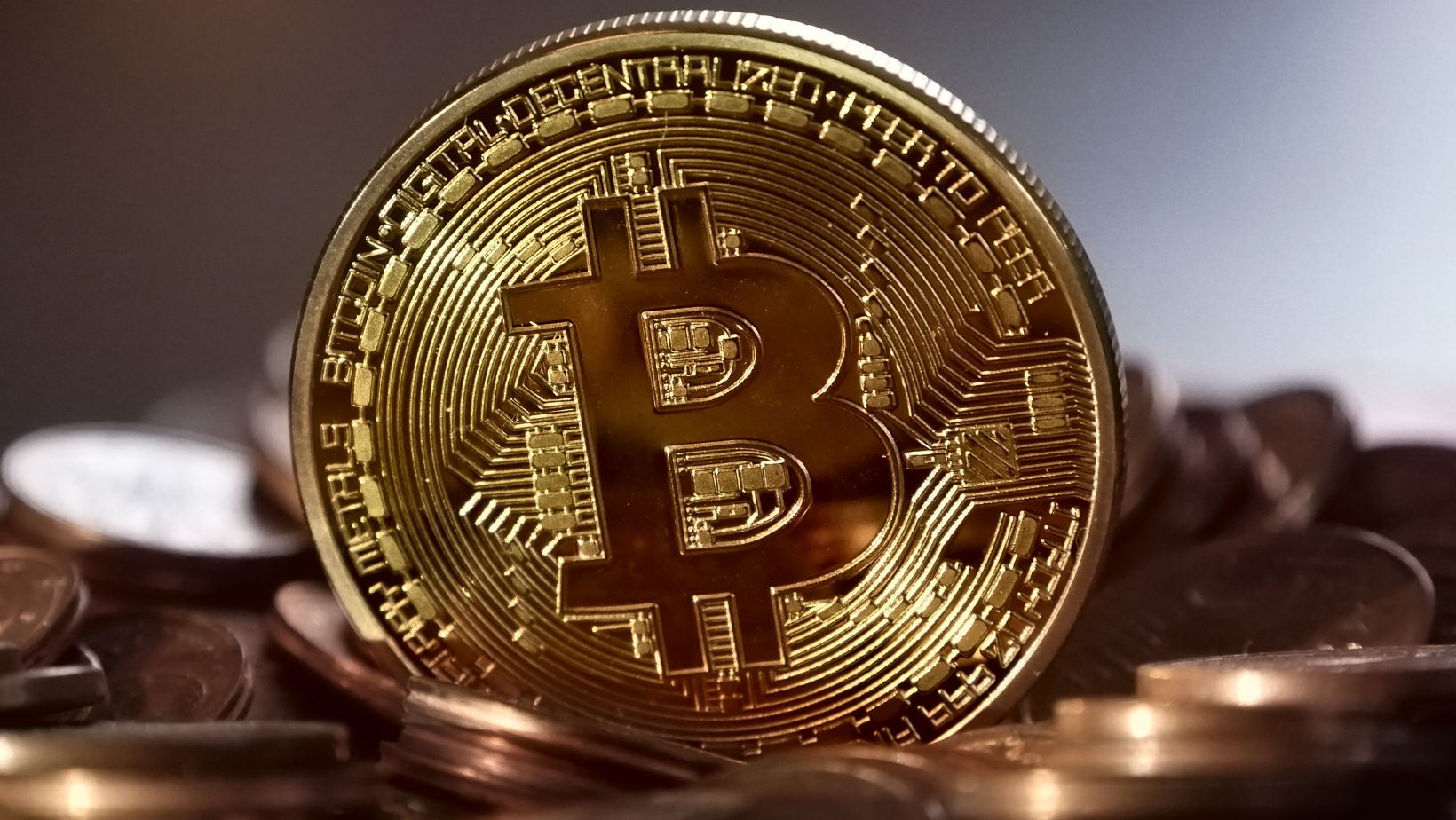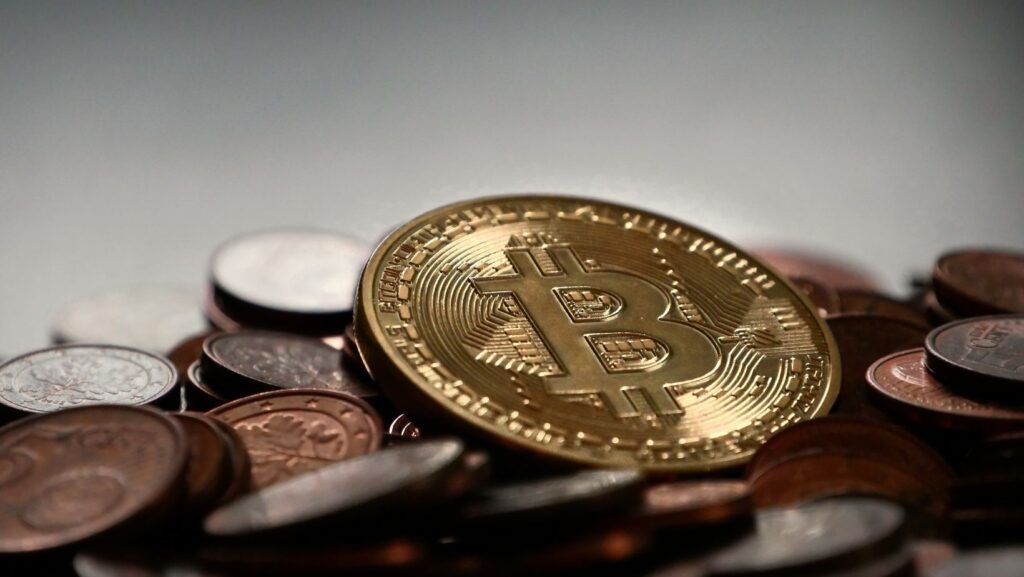In recent years, the concept of decentralized currency has emerged as a powerful force in the financial world, offering a new way of conducting transactions without the need for central authorities. While much attention has been paid to its potential for financial innovation, another aspect is becoming increasingly significant: its role in supporting environmental conservation. This blog post explores how decentralized currency is contributing to the preservation of our planet and how it can play a pivotal role in fostering a sustainable future.
The Intersection of Decentralization and Environmental Conservation
A New Financial Ecosystem
Decentralized currency represents a revolutionary shift in how financial transactions are conducted. By removing intermediaries such as banks and government institutions, it allows for more direct and efficient exchanges of value. This new financial ecosystem not only empowers individuals but also creates opportunities for supporting environmental initiatives in ways that were previously unimaginable.
Incentivizing Sustainable Practices
One of the most compelling ways decentralized currency is contributing to environmental conservation is by incentivizing sustainable practices. Many decentralized platforms are designed with sustainability in mind, offering rewards to those who engage in eco-friendly activities. For example, some platforms provide tokens to individuals and businesses that reduce their carbon footprint, recycle, or invest in renewable energy. 
Funding Green Projects
Decentralized currency is also being used to fund green projects around the world. Traditional funding mechanisms often come with bureaucratic hurdles and delays that can stifle innovation and progress. In contrast, decentralized platforms can quickly and efficiently channel funds to environmental projects, whether it’s reforestation, conservation of endangered species, or the development of clean energy solutions. By leveraging the power of decentralized currency, these projects can receive the financial support they need without the constraints of traditional funding methods.
The Role of Transparency and Accountability
Immutable Records
One of the key features of decentralized currency is its reliance on a public ledger, where all transactions are recorded and cannot be altered. This transparency is crucial for environmental conservation efforts, as it ensures that funds are being used as intended. For example, when donations are made to conservation projects, the public can verify that the money is being spent on the intended initiatives. This level of transparency builds trust and encourages more people to contribute to environmental causes.
Combatting Corruption
Corruption has long been a barrier to effective environmental conservation, particularly in regions where governance is weak. Decentralized currency can help combat this issue by providing a system where funds are less susceptible to misappropriation. The transparency and accountability inherent in decentralized systems mean that funds designated for environmental projects are more likely to reach their intended destination, leading to more effective conservation efforts.
Empowering Communities and Grassroots Movements
Decentralized Currency for Local Conservation Efforts
In many parts of the world, local communities are on the front lines of environmental conservation. However, these communities often lack the resources needed to make a significant impact. Decentralized currency offers a solution by enabling communities to raise funds independently and manage them without relying on external authorities. This empowerment allows for more localized and targeted conservation efforts that are tailored to the specific needs of the community and the environment.
Supporting Grassroots Initiatives
Grassroots movements play a crucial role in driving environmental change, but they often struggle to gain the financial support needed to make a difference. Decentralized currency can bridge this gap by providing a platform for crowdfunding and peer-to-peer donations. This direct support enables grassroots organizations to fund projects that may not attract traditional investment, such as preserving local ecosystems, promoting sustainable agriculture, or educating the public about environmental issues.
Challenges and Opportunities
Addressing Energy Consumption
While decentralized currency offers numerous benefits for environmental conservation, it is not without its challenges. One of the most significant concerns is the energy consumption associated with some decentralized networks. 
The Future of Decentralized Currency and Environmental Conservation
The intersection of decentralized currency and environmental conservation is still in its early stages, but the potential is vast. As more people and organizations recognize the benefits of decentralized currency for supporting sustainable practices, we can expect to see increased adoption and innovation in this space. The future holds exciting possibilities for leveraging decentralized currency to create a more sustainable and environmentally conscious world.
Conclusion
Decentralized currency is more than just a financial innovation; it is a powerful tool for supporting environmental conservation. By incentivizing sustainable practices, funding green projects, promoting transparency, and empowering communities, decentralized currency is making a significant impact on the preservation of our planet. As the technology continues to evolve, its role in fostering a sustainable future will likely become even more prominent. The potential for decentralized currency to contribute to environmental conservation is immense, offering new and exciting opportunities for creating a better world for future generations.

